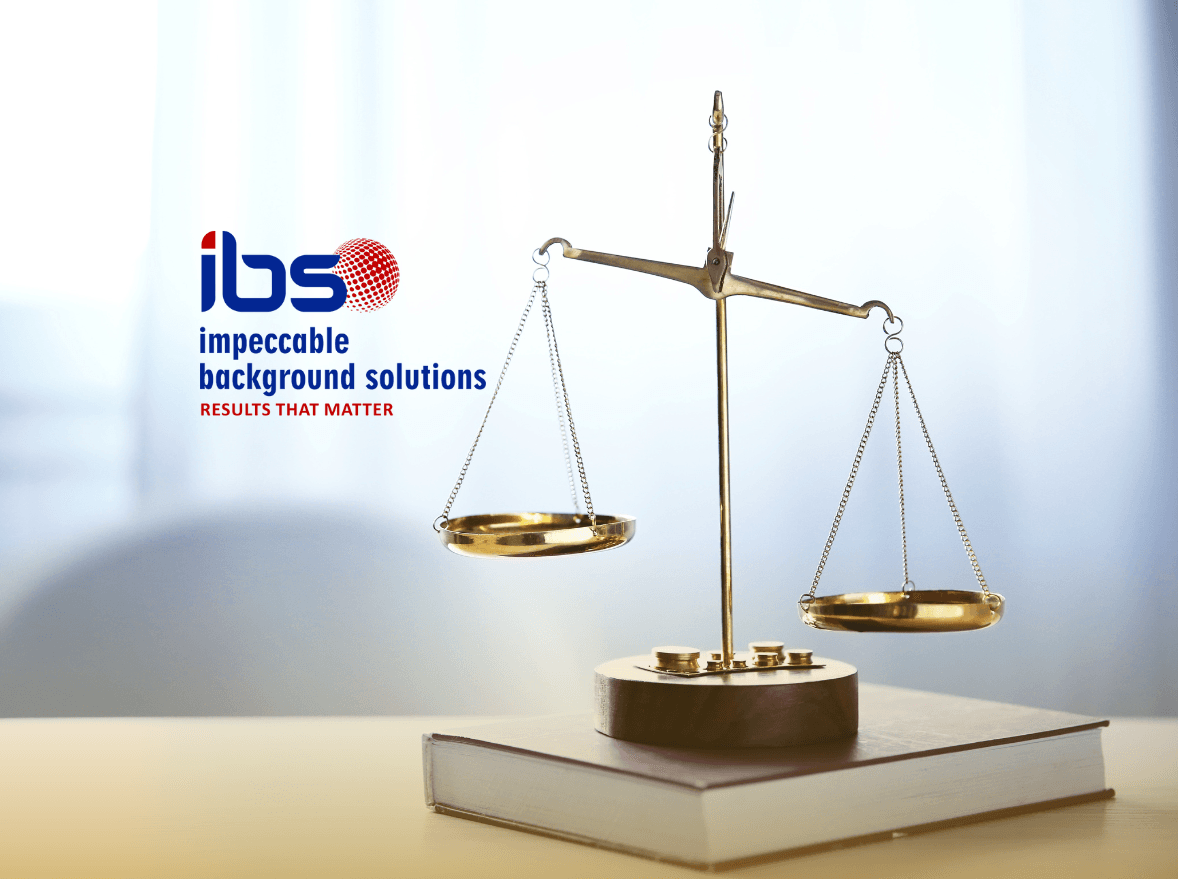Every business has a responsibility to ensure that the employees hired can be trusted to work in their particular environment. Choosing the wrong candidate could result in a variety of issues, both legal and monetary, if the person is not properly vetted. This is why background checks have become such an important part of the hiring process.
In this blog post, we’ll explore the diverse types of background checks available and how to choose the right one for your small business needs. We’ll also give the factors to consider when making your decision, so that you can get the best possible background check without spending too much time or money.
By the end of this article, you will have the information necessary to make smart and informed decisions about your background check policies.
What is the Purpose of a Background Check?

Background checks are essential for organizations and employers who wish to verify the identity and background of potential hires and employees.
A background check provides employers with certain information about an individual’s history, which can help them to make informed decisions about the recruitment and hiring process.
Background checks are an integral part of the hiring process for many organizations and employers. They are conducted to uncover any information that could be pertinent to the job at hand, such as criminal records, credit history, employment history and education credentials.
Additionally, some employers may use background checks to assess an individual’s character and determine whether they are the right fit for the job.
It is important to note that there are different types of background checks available to employers. Each type of background check has different objectives and can provide different types of information.
What are the Different Types of Background Checks?

While there are different types of background checks, they all provide employers with valuable information about their applicants.
The most basic type of background check is an employment background check. This type of check involves verifying an applicant’s identity, employment history, and educational qualifications.
This type of background check is also used to verify an applicant’s references and any professional or work-related certifications they may have.
Another type of background check is a criminal background check. This type of check looks for any criminal convictions an applicant may have had in the past.
It can also be used to determine whether an applicant has any pending criminal charges against them. This type of check is essential for employers who want to ensure that the people they are hiring have no criminal background that can prove to be a detriment to the position at hand.
Credit background checks are also important for employers. This type of check looks at an applicant’s credit history and can reveal any financial problems they may have had in the past.
This can help employers determine if an applicant is a responsible financial decision-maker and can help employers decide whether the applicant is a good fit for the job they are applying for.
Finally, drug testing is a type of background check that is often used in certain industries, such as the medical field. This type of check looks for any illegal drugs an applicant may have used and can help employers protect their workplace from potential drug abuse.
All of these different types of background checks can be used to ensure that employers make the best decisions when it comes to hiring new employees.
Understanding the Limitations of a Background Check

Background checks are often a necessary part of the hiring process, but it is important to understand their limitations. While a background check can be a useful tool to help employers make hiring decisions, it is important to understand the different types of background checks available, the information they provide, and their limitations.
Background checks come in various forms, and the type of background check used will depend on the industry and job function. The most common type of background check is a criminal history check, which provides employers with information about any criminal convictions an individual may have. It is also important to understand that this type of check does not include information about fines, arrests, or charges.
Other background checks include credit checks, which can provide employers with an understanding of the candidate’s financial background. Employment history checks, which provide employers with information on prior job positions and tenure, are also common. While these types of background checks can provide valuable data, they have their limitations.
First of all, background checks are only as good as the source they draw from. This means that the accuracy of the information received from a background check is only as good as what is found in the databases or other sources that are being searched. In addition, some of this information may be out-of-date or incomplete.
Another limitation of a background check is that it cannot give employers an understanding of the individual’s qualifications and aptitude. Although a background check can provide important information on an individual’s record, it does not provide insight into the individual’s skills. Additionally, a background check cannot provide employers with any information about the individual’s character or work ethic.
It is also important to keep in mind that background checks may not always be necessary. In some cases, a background check may not be necessary if the job does not require access to sensitive information or if the employer has already established a relationship with the candidate. Additionally, in some cases, a background check may not be necessary due to the individual’s current circumstances, such as if the individual is a veteran or someone with a disability.
Finally, it is important to remember that the use of background checks must comply with state and federal laws. Employers should be familiar with the applicable laws and regulations regarding the use of background checks.
Tips for Completing a Background Check Successfully

When completing a background check, it is important to ensure that all of the information is accurate and up-to-date. This is especially true when it comes to criminal background checks, as some states have laws that may restrict access to criminal records. It is also important to understand that background checks are not infallible and may not reveal all of the pertinent information.
In addition, it is important to keep in mind that background checks are not only limited to criminal records and employment verifications. For example, some employers may require a credit check or a driving record check. It is important to be aware of these other checks and how they could be used in the hiring process.
It is important to remember that background checks are an important part of the hiring process and should not be taken lightly. With the right procedures in place, employers can use background checks to make informed decisions about potential employees. This can help employers create an effective and safe working environment for their team.
The Bottom Line: Understanding the Different Types of Background Checks
Background checks are an essential part of the hiring process, as they provide employers with valuable insight into the character and background of a potential employee. With the widespread availability of technology, companies can now vet applicants with greater accuracy and efficiency.
However, there are a variety of different types of background checks available to employers, and each type has its own advantages and disadvantages. It’s important to understand the differences between each so you can select the best option for your particular needs.
It is important for employers to understand the different types of background checks available so they can make an informed decision on which type is best for their particular needs. Knowing the advantages and disadvantages of the different types of background checks will help employers to select the best option for their organizations.
To ensure that your business’s background checks go off without a hitch, enlist the services of a professional background check company like Impeccable Background Solutions. We provide a comprehensive background screening service to help businesses and organizations thoroughly screen potential candidates to make the best decision for their needs.
If you have any questions about our services, feel free to get in touch through our website contact form or give us a call us at 404-796-8419. For the best for your organization, choose Impeccable Background Solutions today!





